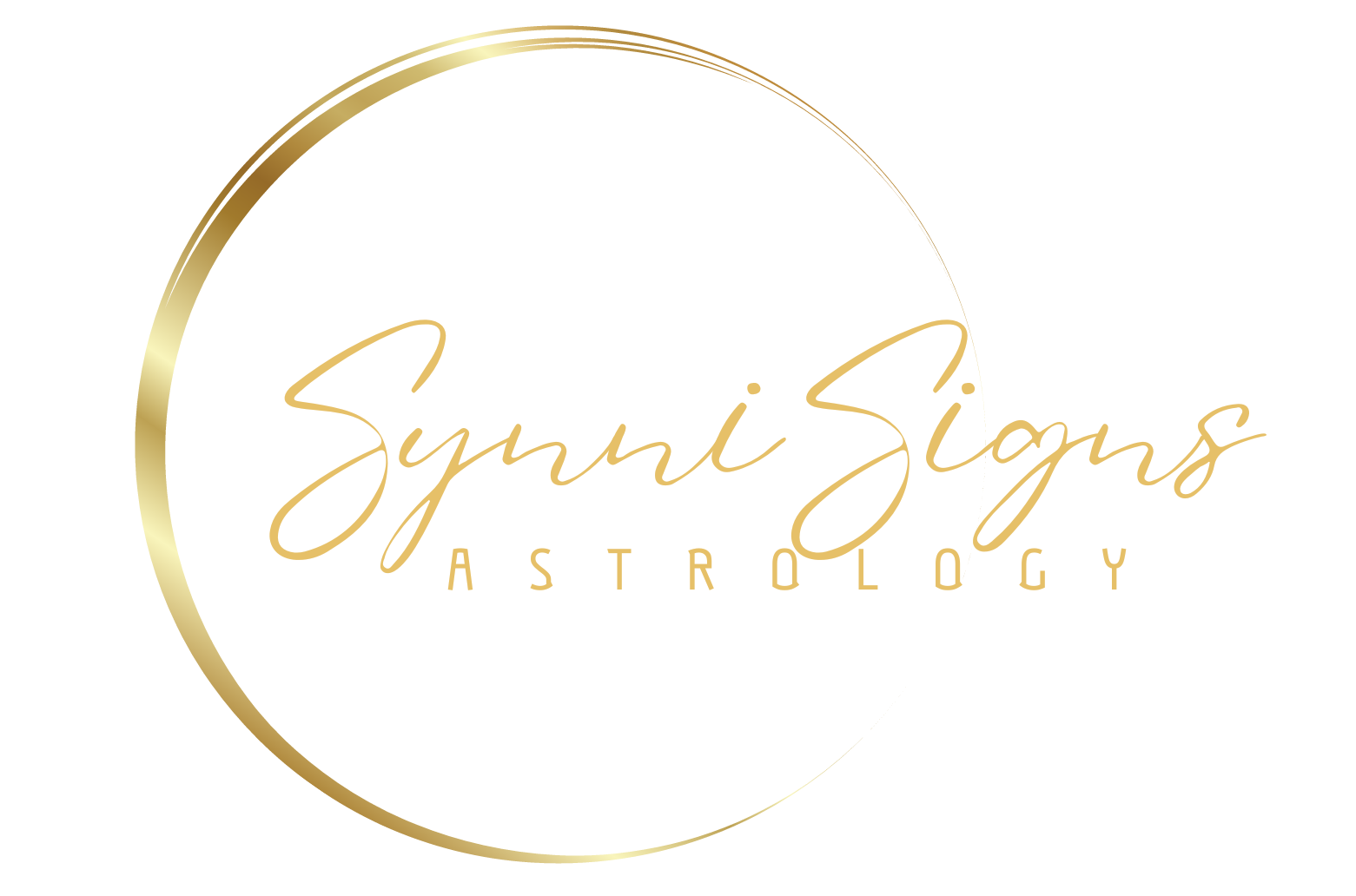
Ceres Aspects to the Sun


Nurturing likely plays a significant role in your character. When Juno forms harmonious aspects (conjunction, sextile, and trine), this influence manifests smoothly. You probably experienced nurturing from your father that aligned well with your own personality (represented by the Sun). However, with stressful aspects (square and opposition), challenges arise. In the case of an opposition, you may prioritize nurturing others over yourself, or conversely, expect excessive nurturing from others. A square aspect suggests that the nurturing you received, especially from your father, didn’t match your needs or that you have difficulty accepting the nurturing you truly require. For instance, if the Sun is in Aries and Ceres is in Cancer, there may be a conflict between the need for emotional nurturing and the self-sufficient nature of Aries, leading to a rejection of necessary nurturing.
Ceres Aspects to the Moon


Harmonious aspects (conjunction, sextile, and trine) in this placement indicate a smooth alignment between one’s emotional needs and nurturing requirements. The nurturing received, particularly from the mother, likely met these needs effectively. There’s a natural inclination to nurture others, driven by instinctual emotional responses. However, with stressful aspects (square and opposition), challenges emerge. An opposition may suggest issues with over-nurturing others to the detriment of one’s own emotional needs, or conversely, seeking excessive nurturing from others without finding satisfaction. Alternatively, a square aspect indicates that the nurturing provided by the mother didn’t fulfill emotional requirements adequately. For example, if the Moon is in Leo and Ceres is in Taurus, there might be a need for attention and respect that wasn’t met despite receiving plenty of material comforts.
Ceres Aspects to Mercury


Having harmonious aspects in this placement is advantageous for careers involving verbal nurturing, such as therapy, sales, or advertising copywriting. Your ability to use words to nurture others can be highly effective in these roles. However, stressful aspects suggest that the nurturing you received through words during childhood may have been lacking. It’s important to be mindful of this in your own interactions, ensuring that you provide nurturing and supportive communication, especially to your own children, to break the cycle of inadequate nurturing.
Ceres Aspects to Venus


Having harmonious aspects between Venus and Ceres in a romantic relationship is truly delightful. It brings a harmonious blend of love, affection, and nurturing. Partners with these aspects can effortlessly express love while providing nourishment and care, both emotionally and physically. They find joy in beauty and social gatherings, which further nurtures their relationship. Conversely, stressful aspects between Venus and Ceres indicate a misalignment between your needs for happiness and nurturing. Childhood experiences, such as receiving clothes that made you feel unattractive, may have influenced this imbalance. In relationships, you might consistently attract partners who need nurturing but struggle to reciprocate in a way that fulfills your needs. However, viewing these challenges as opportunities for growth and understanding can lead to overcoming obstacles and finding balance in your relationships.
Ceres Aspects to Mars


With harmonious aspects between Mars and Ceres, there’s a natural fusion of energy, action, and nurturing. These individuals find nourishment through physical activities, adventure, and even challenges. When it comes to nurturing others, they enthusiastically dive in, often taking initiative to care for those around them. Conversely, stressful aspects (square, opposition, and even the conjunction) suggest a conflict between the need for assertion and nurturing. Early experiences of nurturing may have clashed with assertiveness, leading to repression of anger or conflicts regarding self-worth. Adults with these aspects might struggle with anger when asked to nurture others, or even resist nurturing themselves. Addressing these conflicts can lead to healthier expressions of both assertiveness and nurturing.
Ceres Aspects to Jupiter


With harmonious aspects between Jupiter and Ceres, there’s typically an abundance of early nurturing, often in excess. Even in modest circumstances, these individuals tend to receive plenty of care and attention, sometimes more than they need or want. This nurturing may encompass various forms of abundance, including material comforts and indulgences. Conversely, stressful aspects (square and opposition) might indicate an imbalance in the type or amount of nurturing received during childhood. The child may feel suffocated or overwhelmed by excessive nurturing, particularly if it doesn’t align with their emotional or aesthetic preferences. As adults, they may inadvertently replicate this pattern by offering excessive or inappropriate nurturing to others, unaware of the impact. In some cases, individuals with stressful Jupiter-Ceres aspects may advocate for the rights of the underprivileged to receive nurturing, sometimes imposing their own ideas of care without considering the recipients’ preferences. Addressing these dynamics involves becoming aware of the tendency to overextend nurturing efforts and learning to provide support in a more balanced and respectful manner.
Ceres Aspects to Saturn


When Ceres forms harmonious aspects (sextile and trine) with Saturn, the early nurturing tends to be structured, efficient, and sufficient. This individual likely received practical and organized care during childhood, which instils a sense of responsibility and discipline. As adults, they are inclined to nurture others in a similarly structured manner, valuing efficiency and reliability in caregiving. Conversely, stressful aspects (square, opposition, and conjunction) between Ceres and Saturn may indicate a lack or limitation of nurturing during early development. Even in affluent families, individuals with this aspect might feel deprived or neglected in terms of emotional nurturing. As a result, they may adopt a more reserved or disciplined approach to nurturing others, viewing sentimentality as impractical or unnecessary. Addressing these dynamics involves recognizing any tendencies to withhold nurturing due to perceived impracticality and learning to embrace a more balanced approach that integrates emotional care with practicality and efficiency.
Ceres Aspects to Uranus


Stressful aspects between Ceres and Uranus suggest a childhood environment characterized by erratic or unpredictable nurturing patterns. This inconsistency may have led to feelings of panic or insecurity, as the individual couldn’t rely on consistent care and support. As a result, they may develop coping mechanisms such as denial or avoidance of their own nurturing needs. In adulthood, these individuals may struggle with intimacy and relationships, fearing that expressing their need for nurturing will lead to rejection or abandonment. This fear can manifest as a tendency to distance themselves emotionally or to seek out relationships with partners who are similarly unstable or unable to provide nurturing. Addressing this pattern involves recognizing the underlying fear of vulnerability and abandonment, as well as the tendency to sabotage relationships as a means of self-protection. Therapy or self-reflection can help individuals explore these issues and develop healthier coping strategies for addressing their emotional needs.
Ceres Aspects to Neptune


The combination of Ceres and Neptune in aspect can manifest in a variety of ways, depending on whether the aspect is harmonious or stressful. With harmonious aspects (sextile and trine), there is a natural inclination to feel nurtured by imagination and fantasy. This can translate into creative and imaginative approaches to nurturing others, especially children, such as engaging in playful and imaginative activities. However, with stressful aspects (conjunction, square, and opposition), there may be challenges in the nurturing dynamic. Individuals with this combination may find themselves drawn to relationships or situations where they feel constantly drained or exploited, either as the caregiver or the one seeking nurturing. This pattern can become cyclical, leading to a sense of dissatisfaction and an ongoing search for validation and nurturance. Additionally, there may be a tendency to use substances like alcohol or drugs as a means of escapism or to cope with feelings of inadequacy or unworthiness. Seeking therapy can be essential in addressing these underlying issues and developing healthier coping mechanisms. On the positive side, individuals with Ceres/Neptune aspects can be deeply loving and compassionate, with a genuine desire to help others. Engaging in volunteer work or charitable activities that align with the nurturing qualities of Ceres can provide a fulfilling outlet for this energy and contribute to personal growth and healing.
Ceres Aspects to Pluto


The stressful aspects between Ceres and Pluto can indeed bring about complex dynamics in nurturing relationships. There may be a sense of power struggles and coercion, where nurturing is not freely given but rather used as a bargaining chip or a means of control. Individuals with this aspect may feel compelled to manipulate or be manipulated in order to receive or provide nurturing. Negatively, this aspect can manifest as a tendency to hold onto nurturing relationships tightly, perhaps out of fear of loss or abandonment. This could mirror the myth of Persephone, where Ceres (Demeter) fiercely protects her daughter and resists letting her go. On the positive side, however, individuals with Ceres/Pluto aspects have the potential to deeply transform others through their nurturing efforts. They may possess a profound ability to nurture others back to health, both emotionally and physically, even in the face of seemingly insurmountable challenges.
Ceres Aspects to Ascendant


Aspects between Ceres and the Ascendant indeed influence how nurturing is expressed and received in relationships. The conjunction, in particular, can amplify the tendency for others to seek nurturing from you, whether you actively offer it or not. Harmonious aspects like the sextile and trine generally facilitate smooth exchanges of nurturing energy, fostering a balanced give-and-take dynamic. However, the square aspect may introduce challenges, leading to conflicts over nurturing dynamics within partnerships. There could be struggles over who gives and receives more nurturing, potentially causing tension and imbalance in relationships. Additionally, individuals with an opposition between Ceres and the Ascendant may find that nurturing becomes a central focus in their partnerships, either positively enhancing the bond through mutual care or negatively leading to a pattern of neglecting self-nurturing or attracting partners who drain them emotionally.
Ceres Aspects to Midheaven


The influence of Ceres on career choices, especially when it forms aspects with the Midheaven, can indeed guide individuals toward professions that involve nurturing in various forms. Careers in the culinary arts, food industry, clothing design, or any field centered around providing care and support align well with Ceres themes. While harmonious aspects like the conjunction, sextile, and trine may indicate a smooth alignment between nurturing experiences in childhood and career choices, the square aspect could suggest conflicts or disagreements between parents regarding nurturing approaches. These conflicts might influence the individual’s career path, potentially leading to challenges or complexities in finding professional fulfillment.
















































